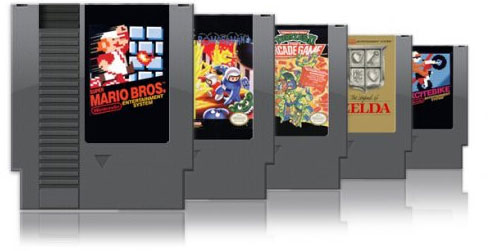Public power and water service may be out of service. Food distribution systems may be down. Communications networks may be out. Your vehicle may not work or you may not be able to get fuel. You may also see a disruption in your source of income or the value of your currency. The following are some tips to help you think through these scenarios in case they ever become a reality.
No Power, No Water
You can’t survive more than three days without water so make this a priority. If you don’t or can’t buy a water filtration system now, six t-shirts and a drop of bleach per gallon will filter and disinfect your water. This means you’ll need to keep bleach on hand, though.
For light at night, candles will only last so long. Know that pencil lead (graphite) and peanuts both burn bright and slow once lit. Be aware not to carbon monoxide poison yourself by burning wood or kerosene. Keep fumes ventilated. If you don’t have a fireplace, use your dryer vent.
No More Food
You can stock up on canned goods and ammo, but both will run out. Get a garden’s worth of seeds, a bow, and some arrows that can be reused or made. Also learn what native plants you can safely eat. The white pulp inside cattail stems tastes kind of like a radish and is safe and plentiful along ditches and pond banks. Dandelion leaves and flowers are edible, but the stems are poisonous. White pine needles can also be ate, but taste better boiled, which releases the tanic acid.
No Phones or Internet
As you would in a fire escape plan, pick a location to meet and/or exchange messages with loved ones in the event of a disaster. Ideally they would be located at a waypoint between two areas. Depending on the type of disaster, radio equipment may work as long as there is power, but plan ahead on what type of radio you’ll use. To protect equipment from an electromagnetic pulse (EMP), store it and its power source in a metal box.
No Transportation
An EMP can disable the electronics in your car, but even if it doesn’t there could be other reasons why fuel may be unavailable. The fastest way to move may be by horse, followed by bicycle. If you can’t afford a horse or aren’t lucky enough to find a public horse, acquire a bike. A wagon (then and now) is a bonus.
No Income
If your job has not become useless, defunct, or out of business, you may still find that currency has collapsed. In this case, bartering goods will be in effect. It will be good to have a Depression-era mindset and not throw anything away. Keep in mind that bartering is more than stuff and services you provide (like courier service on your bike) can be used in trade as well.
How Likely is Any of This to Happen?
NASA has said that the sun may send an EMP in early 2013. A nuclear blast in the upper atmosphere by a rogue nation would have the same effect. But its not just EMPs. If Yellowstone blows it could disrupt power and transportation in America for months. Be good stewards with the time you have now to prepare for the future.
 The 8-Bit Generation are those born in or around 1980 who knew a time before
The 8-Bit Generation are those born in or around 1980 who knew a time before 
